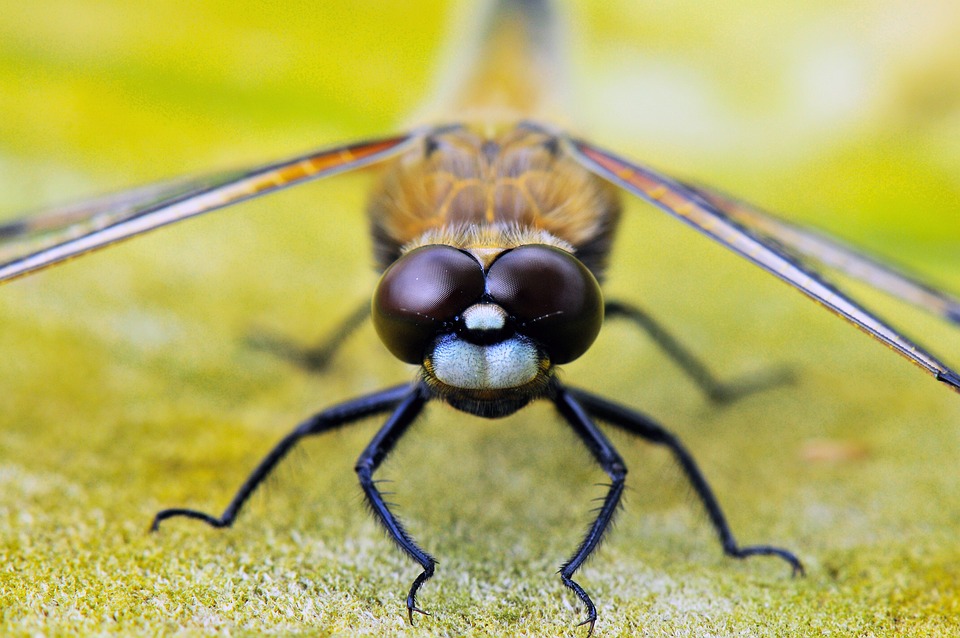The Truth About Natural Insect Repellents: What Works and What Doesn’t
As summer approaches, outdoor enthusiasts and backyard barbecuers alike seek solutions to ward off pesky insects. With a growing interest in sustainable and natural living, many individuals are turning to natural insect repellents. While these products are often marketed as safer alternatives to chemical remedies, understanding their effectiveness can be tricky. This article explores the truth about natural insect repellents, examining what works, what doesn’t, and how to properly use them.
The Appeal of Natural Insect Repellents
Many consumers are drawn to natural insect repellents due to concerns about the potential side effects of synthetic chemical repellents, such as DEET (N,N-diethyl-meta-toluamide). DEET is an effective repellent but can cause skin irritation and environmental concerns. Natural alternatives are often perceived as safer for humans, pets, and the ecosystem, which is why products containing plant-derived ingredients have gained popularity.
What Works: Effective Natural Ingredients
-
Lemon Eucalyptus Oil: The Centers for Disease Control and Prevention (CDC) has recognized oil of lemon eucalyptus (OLE) as an effective insect repellent. Studies show that OLE can provide protection comparable to DEET, making it one of the most potent natural options available.
-
Lavender Oil: Known for its soothing scent, lavender oil is also effective in repelling mosquitoes and other insects. Its pleasant aroma can create a calming environment while keeping pests at bay.
-
Citronella Oil: Frequently used in candles and sprays, citronella oil has long been touted for its mosquito-repelling properties. While it can be effective in confined spaces, the effects may diminish in outdoor environments with wind.
-
Peppermint Oil: The strong scent of peppermint oil can deter ants, mosquitoes, and spiders. Its versatility allows it to be used in various formulations, whether in a spray or in combination with other ingredients.
- Soybean Oil: Some studies suggest that products containing soybean oil can provide protection against mosquitoes. This ingredient is often used in natural pest repellents and has been found to be relatively effective.
What Doesn’t Work: Myths and Misconceptions
-
Vinegar: While vinegar can repel certain pests due to its strong smell, it is not a reliable repellent for mosquitoes or other biting insects. Its effectiveness wanes quickly and is better suited for cleaning than pest control.
-
Garlic: Although garlic has been promoted as a natural insect repellent, scientific evidence supporting its effectiveness is limited. The sulfur compounds that make garlic pungent are not proven to provide significant protection against mosquito bites.
-
Natural Oils Alone: Many essential oils can be effective repellents, but they often require frequent reapplication. Additionally, without proper dilution and formulation, they can cause skin irritation rather than provide a protective barrier.
- Coconut Oil: While coconut oil may have moisturizing properties, it should not be relied upon as a standalone insect repellent. Some recipes incorporate it with essential oils for better efficacy, but alone, it offers minimal protection.
Tips for Effective Use of Natural Insect Repellents
-
Reapplication is Key: Natural insect repellents generally require more frequent application than their synthetic counterparts. Applicators should plan to reapply every 1-2 hours, especially during active outdoor activities or in areas with higher pest populations.
-
Test for Skin Sensitivity: Before widespread use, conduct a patch test to see if you have any adverse reactions to the repellent, especially when using essential oils or new formulations.
-
Consider Environmental Conditions: The effectiveness of natural repellents can be influenced by environmental factors such as wind and humidity. In windy conditions, consider using concentrated solutions in sheltered areas.
- Combine with Other Prevention Methods: For optimal protection, use natural repellents in conjunction with other strategies, such as wearing light-colored clothing, using screens on windows, and eliminating standing water to reduce mosquito breeding.
Conclusion
Natural insect repellents present viable options for those seeking alternatives to chemical-based solutions. Ingredients like lemon eucalyptus oil and lavender oil have proven effective, while others like garlic and vinegar fall short. While natural repellents can be beneficial, it is essential to understand their limitations and adapt usage based on environmental conditions and personal needs. For the best results, consider integrating these natural options into a broader pest control strategy to enjoy the great outdoors without the nuisance of unwanted bites.
